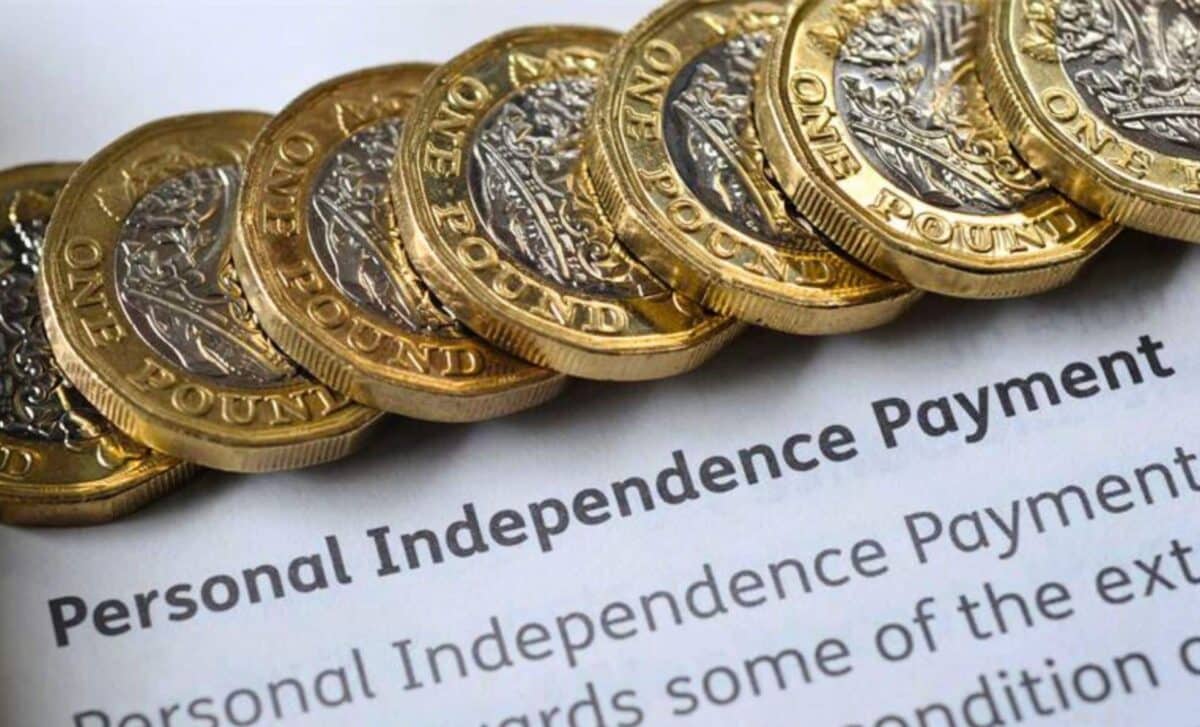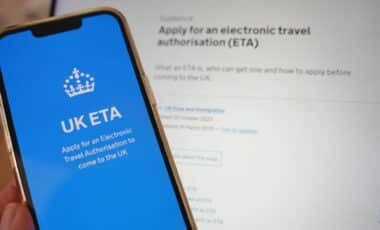The Department for Work and Pensions (DWP) has confirmed new changes to Personal Independence Payment (PIP) awards, which will come into effect in November 2026. As reported by the Daily Record, the focus of these changes is to adjust eligibility rules and review cycles, with a growing number of people receiving longer-term or ongoing payments, including monthly awards up to £749.
Changes to Eligibility and Review Cycles
According to the DWP, existing PIP claimants will not be affected by the changes until their next review date, after the new rules are introduced in November 2026. The government has indicated that more than 1.5 million people—41% of all current PIP recipients—have already been issued an award lasting five years or longer.
While PIP award lengths can range from nine months to ten years, the DWP primarily records awards lasting five years or more in its data reporting. The decision on award duration is based on how the claimant’s health condition impacts daily life and independence, rather than on diagnosis alone.
Who Is Likely to Get an Ongoing Award?
Certain medical conditions are more likely to result in long-term or ongoing PIP awards. These include:
- Visual diseases, where 58.6% of claimants receive awards of five years or more
- Musculoskeletal conditions (both general and regional), with more than 50% of claimants receiving long awards
- Neurological disorders such as multiple sclerosis, epilepsy, or muscular dystrophy
- Respiratory and autoimmune conditions, also linked with high rates of extended PIP support
For these claimants, awards may include a “light touch” review, typically reserved for those with stable or deteriorating conditions, where face-to-face assessments are not required. This includes individuals nearing State Pension age, or those receiving special rules for end-of-life care.
Award Rates and Payment Details
As of the 2025–2026 financial year, people in receipt of both the enhanced daily living and mobility components will receive £749.80 every four weeks, or just under £9,750 annually. These rates reflect the recent 1.7% annual uprating applied to disability benefits.
Breakdown of weekly payments includes:
- Daily living component: Standard £73.90, Enhanced £110.40
- Mobility component: Standard £29.20, Enhanced £77.05
Payments are typically made every four weeks, directly into a recipient’s bank account. Individuals living with terminal illnesses may receive weekly payments instead.
Assessment and Application Process
To qualify for PIP, individuals must show that they’ve experienced difficulties with daily living or mobility for at least three months, and expect these difficulties to continue for at least nine more. Assessments are conducted by independent health professionals, using a mix of face-to-face interviews, phone calls, or paper-based reviews.
The DWP bases awards not just on medical conditions but also on factors such as:
- How long tasks take
- Whether the person can perform them safely
- How often the difficulties occur
- Whether assistance or special equipment is needed
Applications for PIP can be made via the GOV.UK website or by phone. In Scotland, new claims are now managed through Adult Disability Payment (ADP), which follows similar criteria and is administered by Social Security Scotland.









